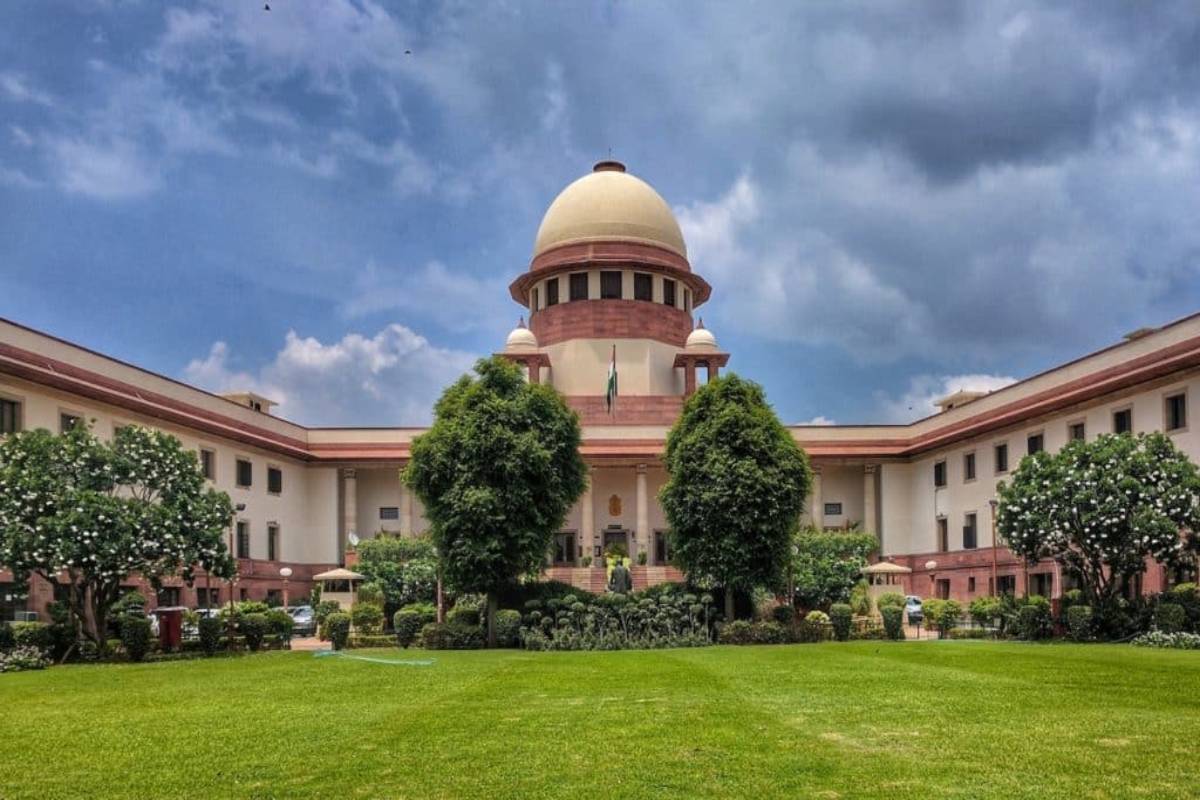The Congress party has moved the Supreme Court defending the Places of Worship (Special Provisions) Act, 1991 (POWA), stating that the law is essential to safeguard secularism and any alterations to it could jeopardize India’s communal harmony and secular fabric and threaten its sovereignty and integrity.
The Places of Worship (Special Provisions) Act, 1991 that prohibit the filing of a lawsuit to reclaim a place of worship or seek a change in its character from what prevailed on August 15, 1947 was enacted by the parliament on 1991 in the thick of Ram Janmabhoomi-Babri Masjid dispute. The law is under challenge, amongst others, by some BJP leaders, who have challenged the constitutionality of the Section 2, 3, and 4 of the Places of Worship (Special provisions) Act, 1991.
Advertisement
The Congress party, in its application, said it is intervening in the matter “… to emphasize the constitutional and societal significance of the POWA, as it apprehends that any alterations to it could jeopardize India’s communal harmony and secular fabric thereby threatening the sovereignty and integrity of the nation.”
Stating that the Places of Worship Act was enacted by the Parliament, as it reflected the mandate of the Indian populace, the party, in its application seeking to intervene in the hearing of the matter slated in February, said, “In fact, the POWA had been envisaged prior to the year 1991 and the same was made a part of the Congress’ then election manifesto for the Parliamentary elections. The POWA is essential to safeguard secularism in India and the present challenge appears to be a motivated and malicious attempt to undermine established principles of secularism.”
Urging the top court to allow it to intervene in the matter, Congress, in its intervention application, said, “Since the Applicant, through its elected members were responsible for the introduction and passage of the POWA, the applicant may be allowed to intervene and defend the legal validity of the passage of the POWA.”
Questioning the grounds of challenge raised by the petitioner, BJP leader and advocate Ashwini Upadhyay challenging the constitutionality of the POWA, the party said his challenging the 1991 law “erroneously states that the POWA is discriminatory as it is applicable only towards members of the Hindu, Sikh, Jain and Buddhist communities. A bare perusal of the POWA shows that it promotes equality amongst all religious groups and does not accord special treatment towards specific communities as alleged by the Petitioner. It is equally applicable towards places of worship of all religious groups and ascertains and affixes their nature as on 15.08.1947.”









